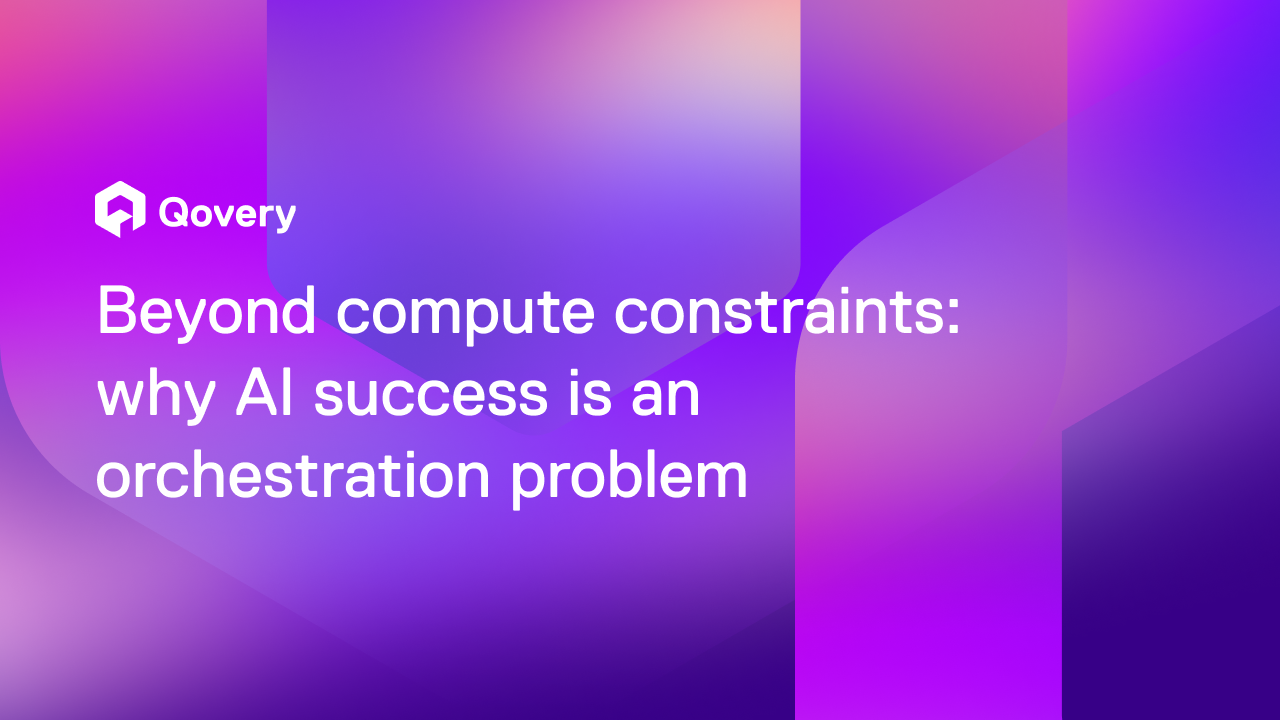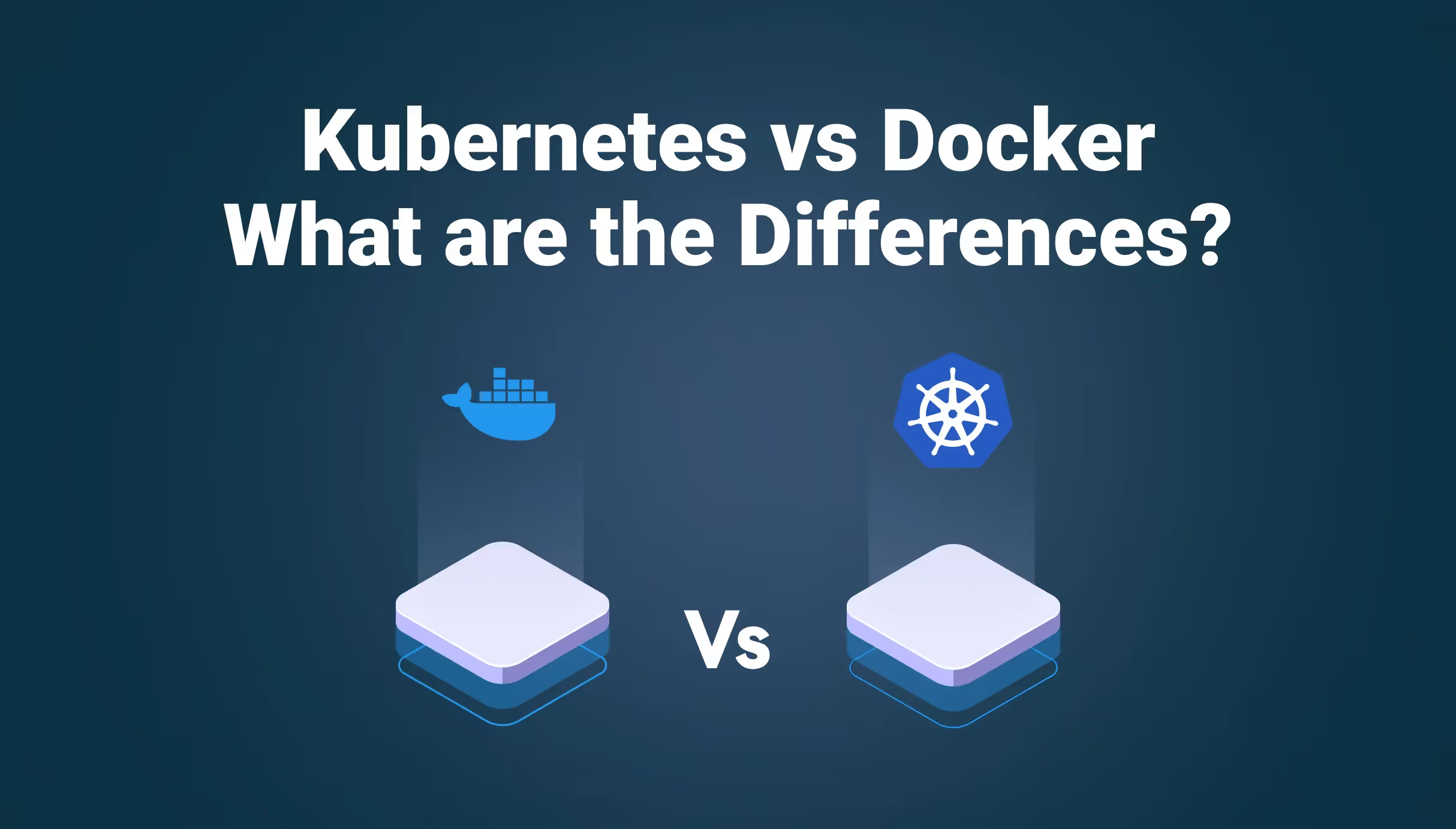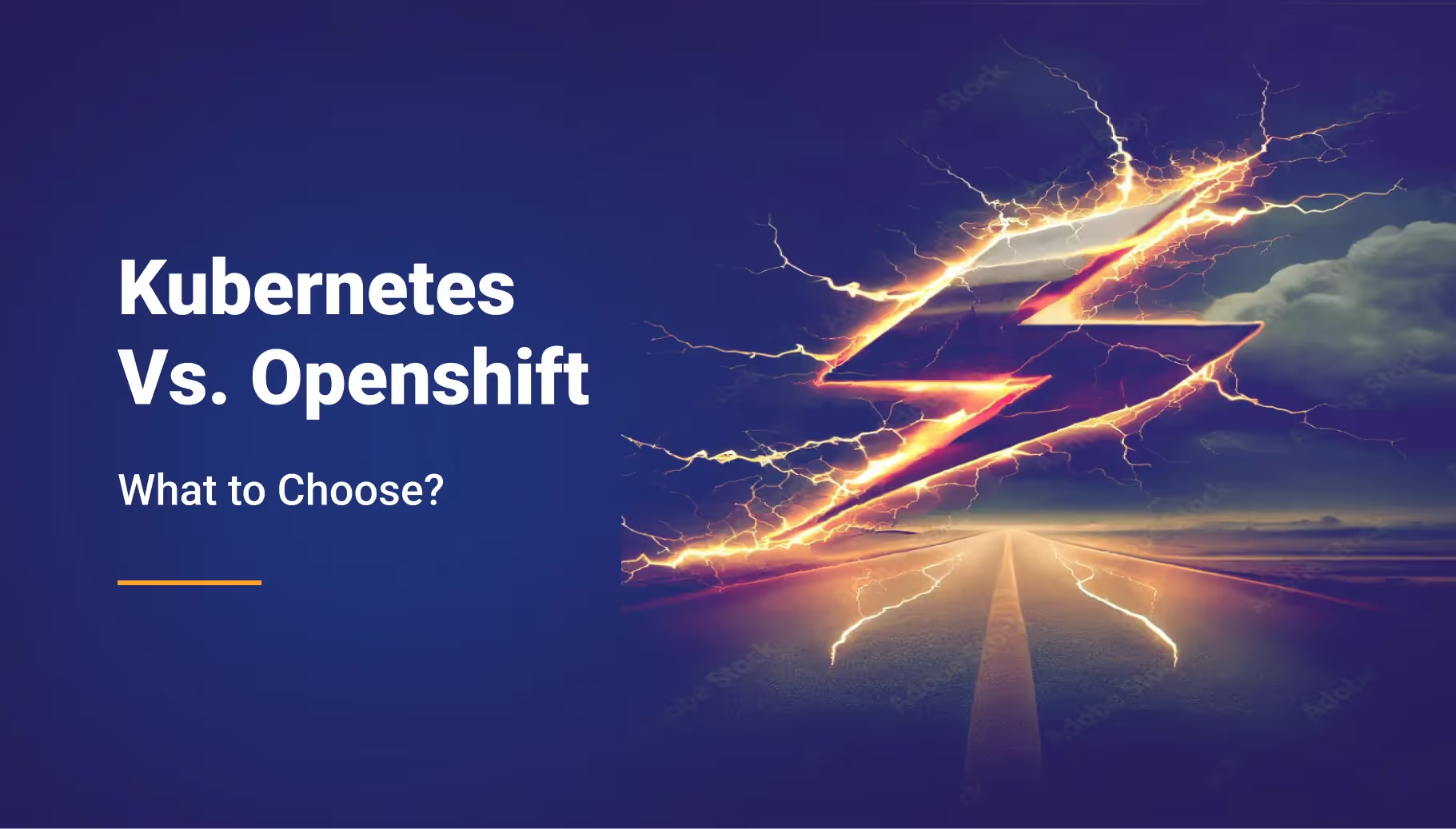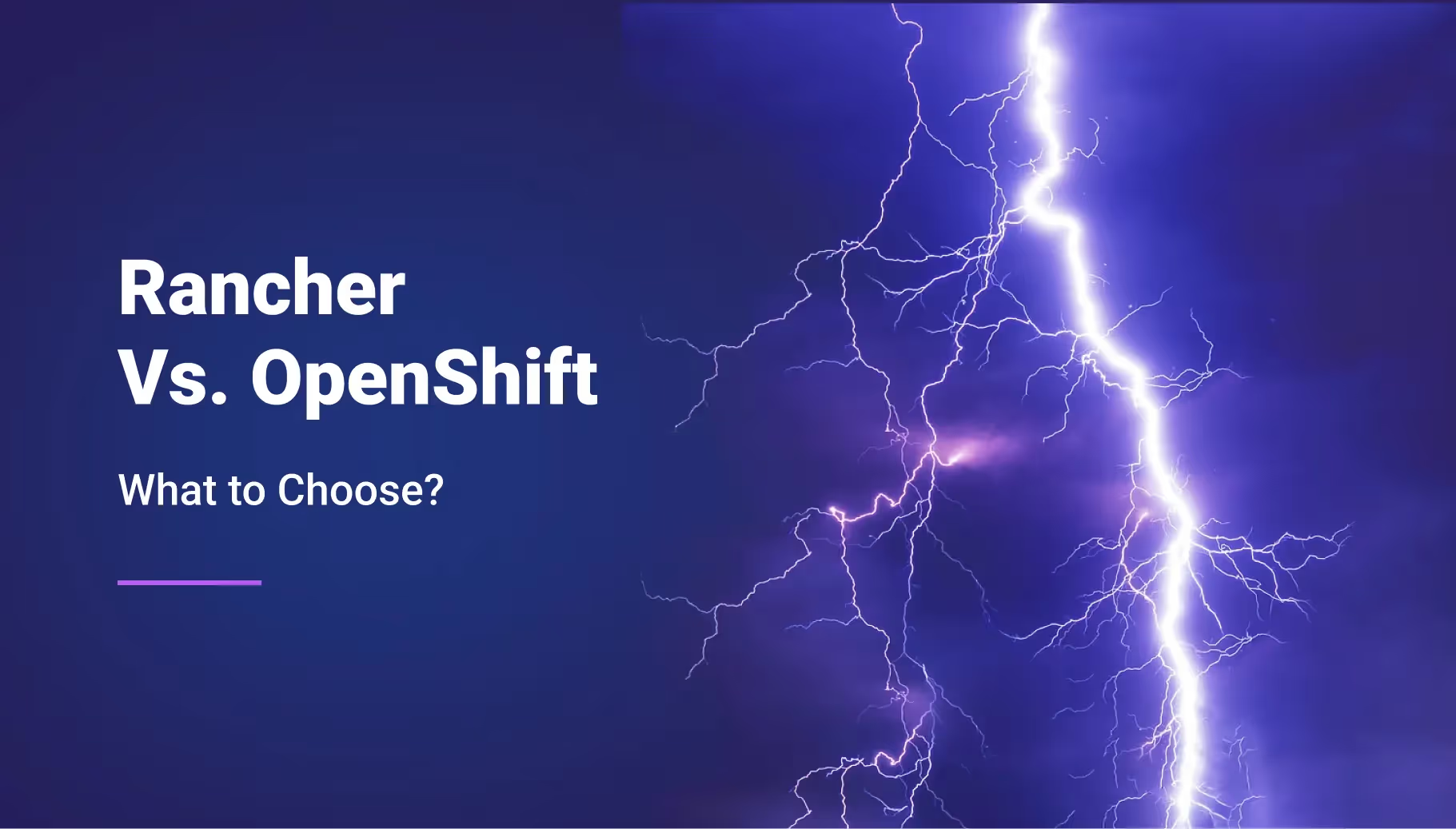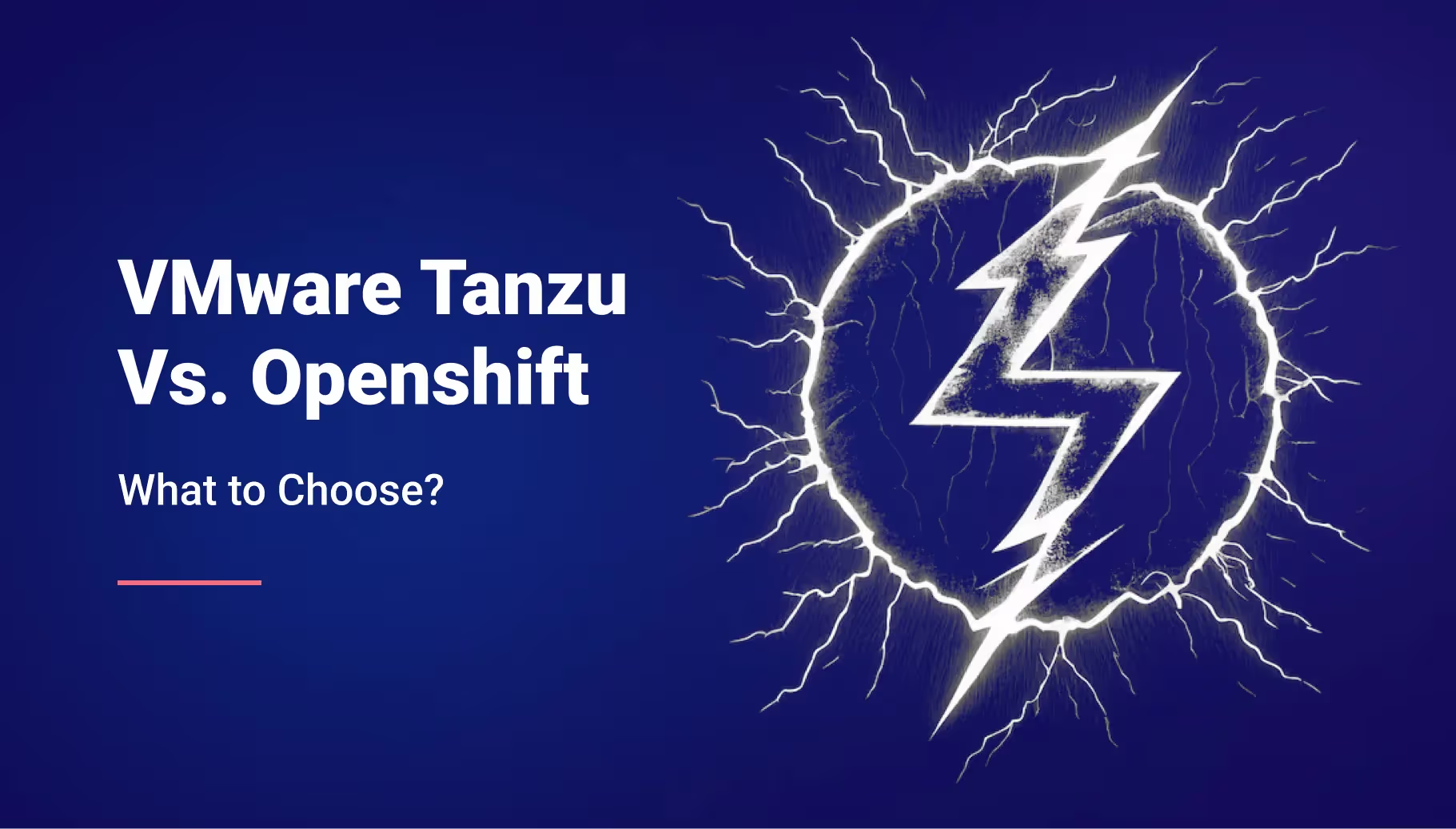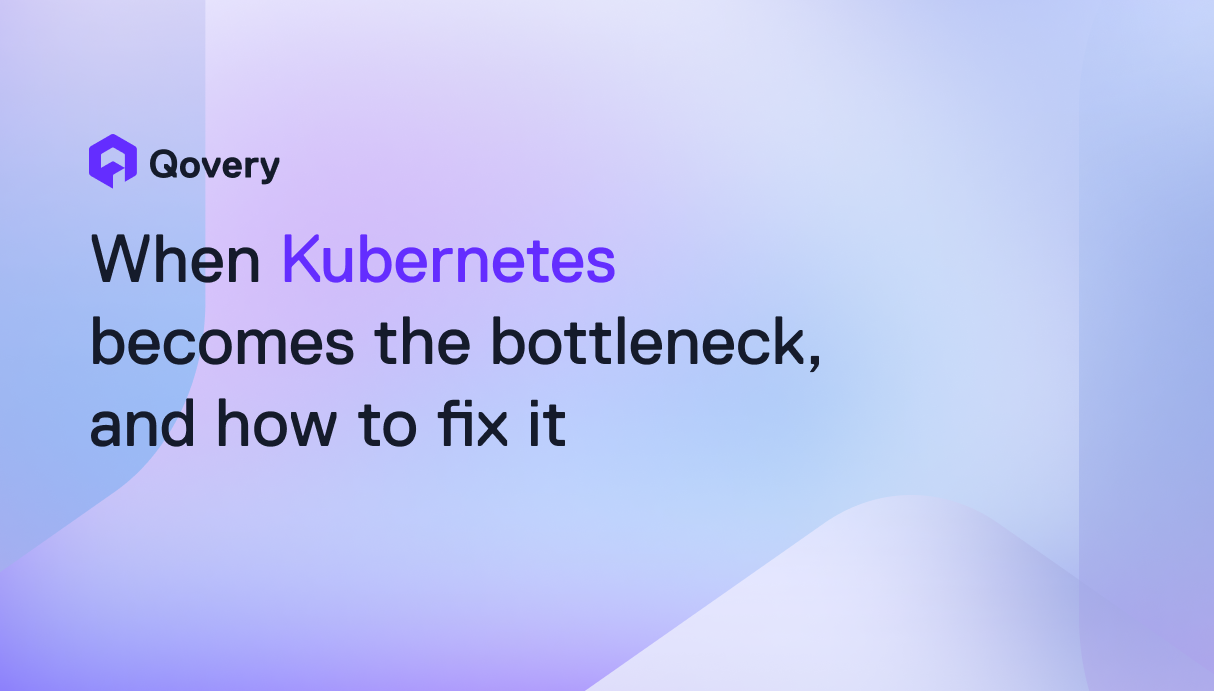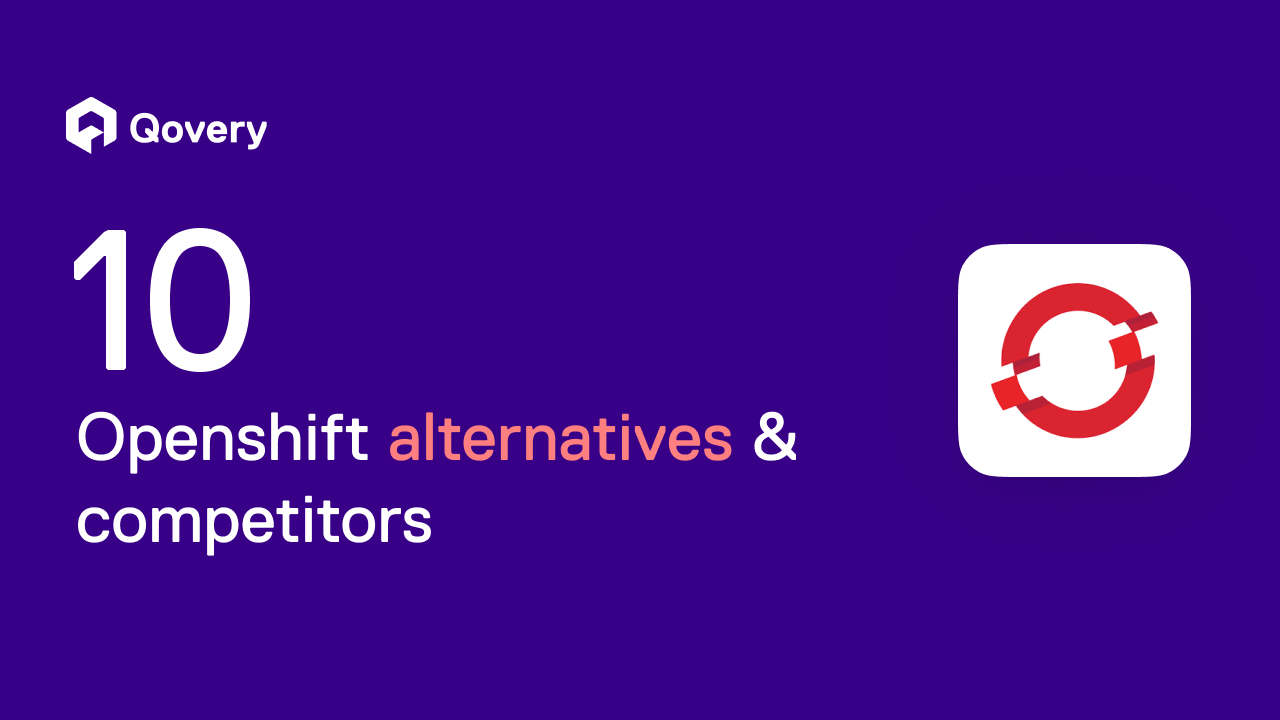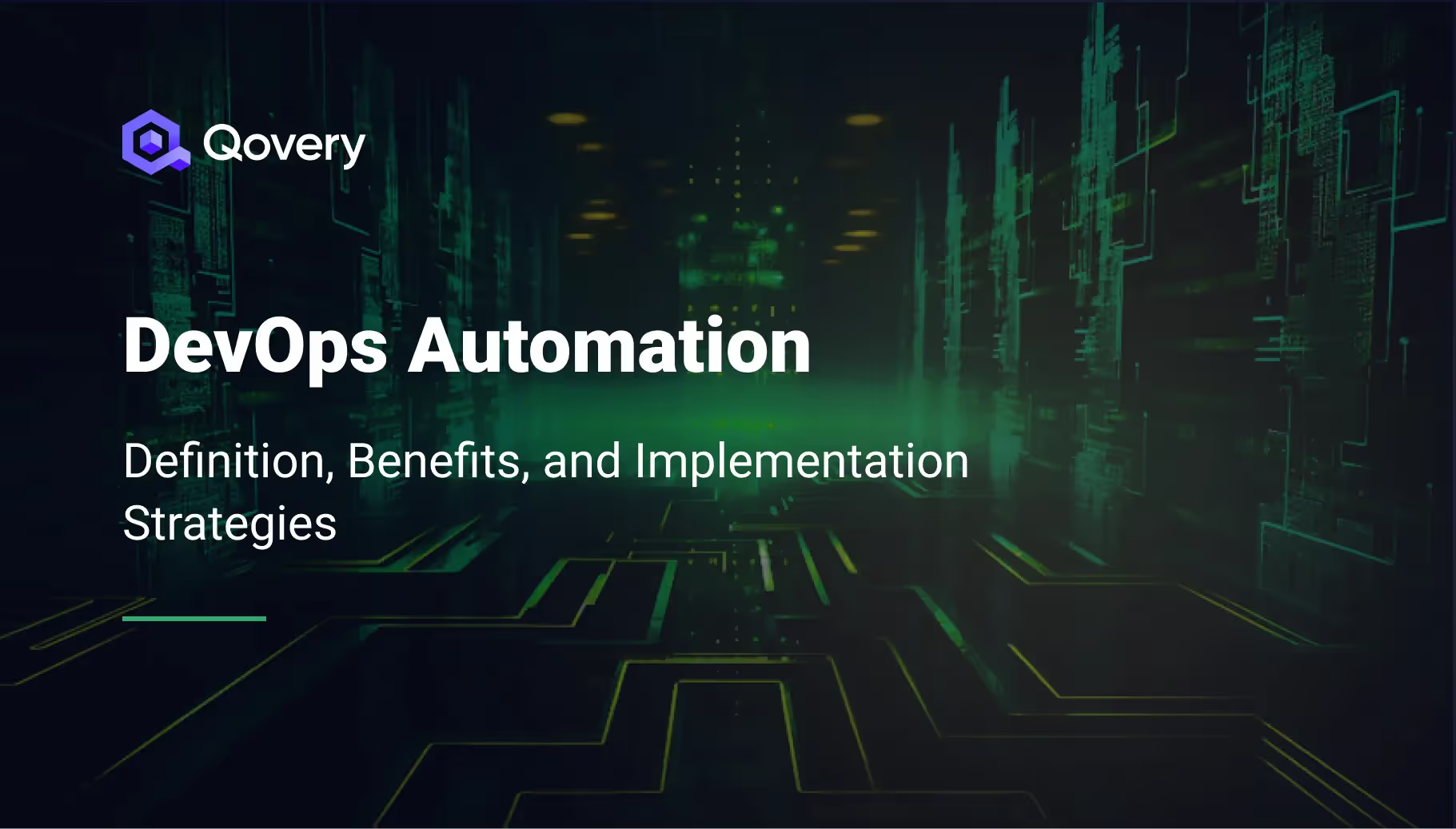

Optimizing DevOps Workflows with Helm Charts and Qovery's New Jobs Feature

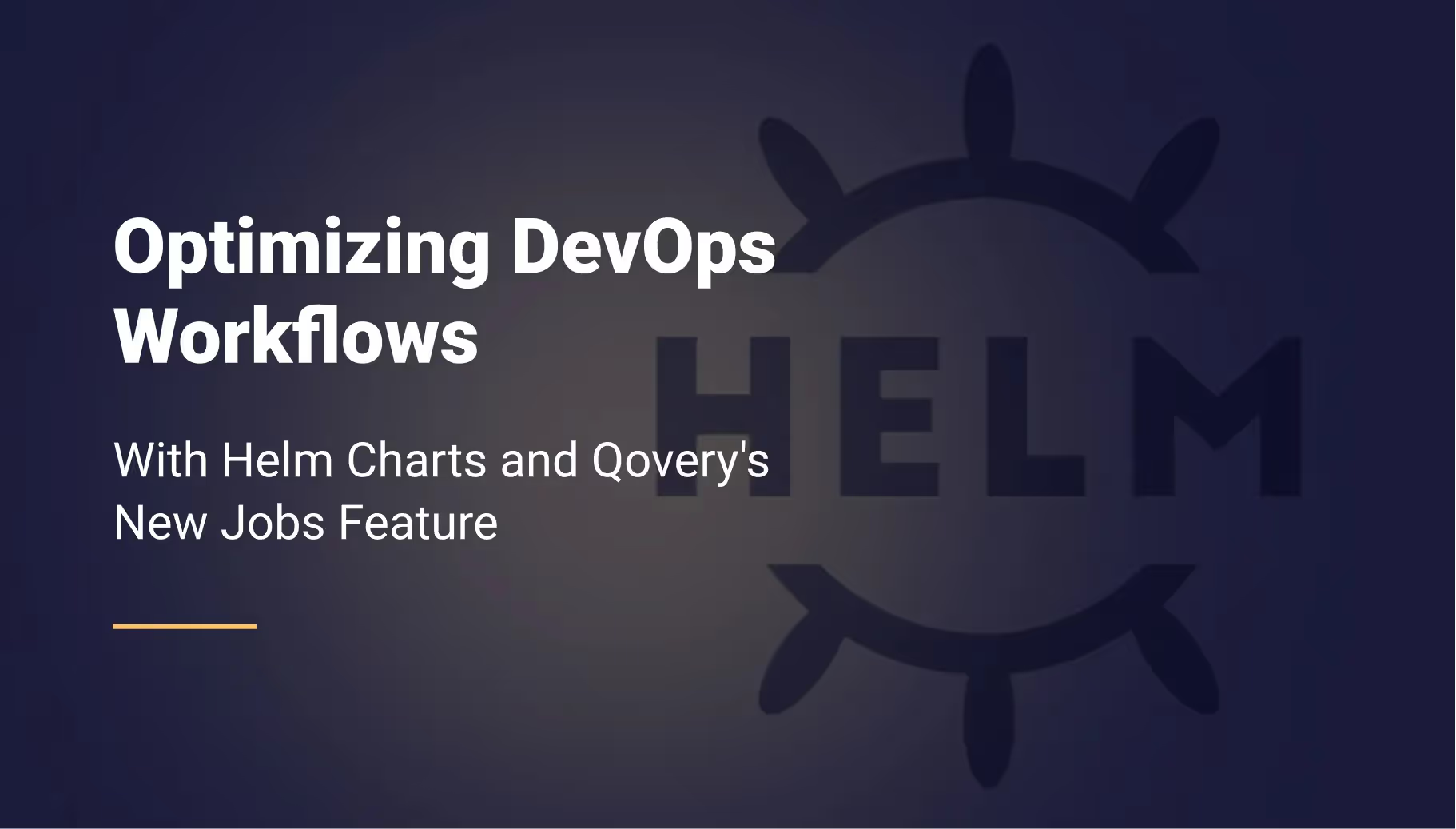

Understanding Helm and Helm Charts
Helm is a package manager for Kubernetes that allows users to install and manage applications on a Kubernetes cluster easily. It is similar to package managers used on Linux systems, such as apt and yum. It provides a consistent and repeatable way to deploy complex applications and infrastructure on a Kubernetes cluster. Helm charts, which are collections of files that describe Kubernetes resources and their configuration, can be versioned, shared, and customized to meet specific needs. Helm also provides a concept of a chart repository, which is a collection of charts that can be searched, versioned, and shared among different teams and organizations.
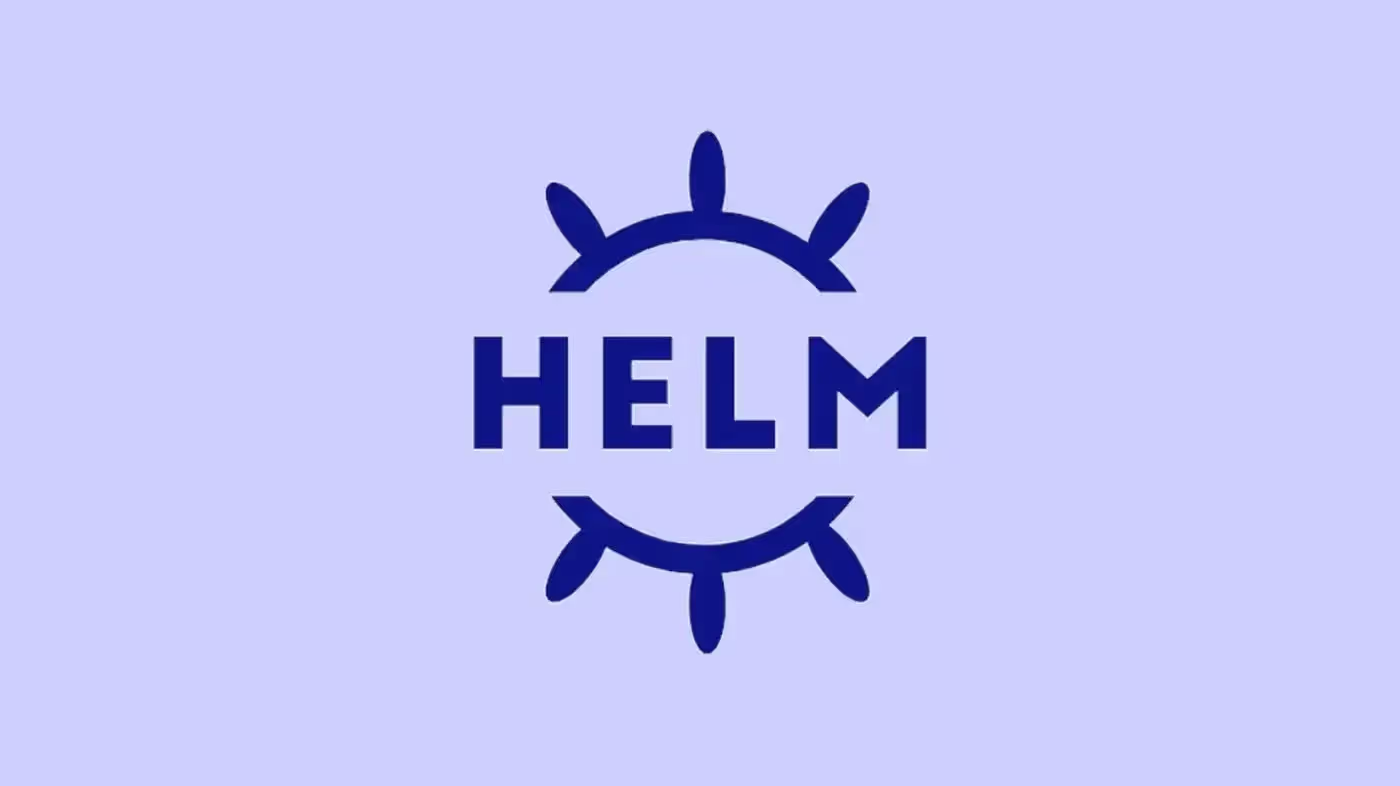
When to Consider Using Helm
It is ideal for complex applications with multiple parameters that require several Kubernetes components or Kubernetes custom usage (like CRDs) and customization. If your app is deployed on a Kubernetes cluster and can benefit from Helm's templating capabilities, it's a good fit. With Helm's templating, you can create generic files that can be easily customized for different environments; it also allows you to version sensitive information without exposing it in plain text, so if your organization is looking for a tool to manage and deploy complex apps on a Kubernetes cluster, Helm is worth considering.
Why Use Helm Charts: Benefits of Simplified Deployment, Consistency, Versioning, Sharing, Modularity, and Customization
Several benefits make Helm Charts a valuable tool for deploying and managing applications on a Kubernetes cluster. One of the main benefits is simplified deployment, as Helm charts provide a consistent and repeatable way to install and manage applications. Helm charts also allow for versioning, sharing, modularity, and customization, making it an ideal tool for DevOps teams. Versioning ensures that different versions of an application can be easily tracked and rolled back to previous versions if needed. Sharing allows different teams and organizations to collaborate and share best practices for deploying applications on a cluster. Modularity allows for different components of an application to be managed and deployed separately, providing more fine-grained control and flexibility when deploying applications. And customization allows for specific needs to be met.
How to Deploy Helm Charts with Qovery?
Deploying Helm charts just got a whole lot easier with Qovery's new jobs feature. In our recent release, we introduced the ability to easily deploy Helm charts through the use of jobs. To learn how to take advantage of this powerful feature, check out our tutorial.

Suggested articles
.webp)



.svg)
.svg)
.svg)
